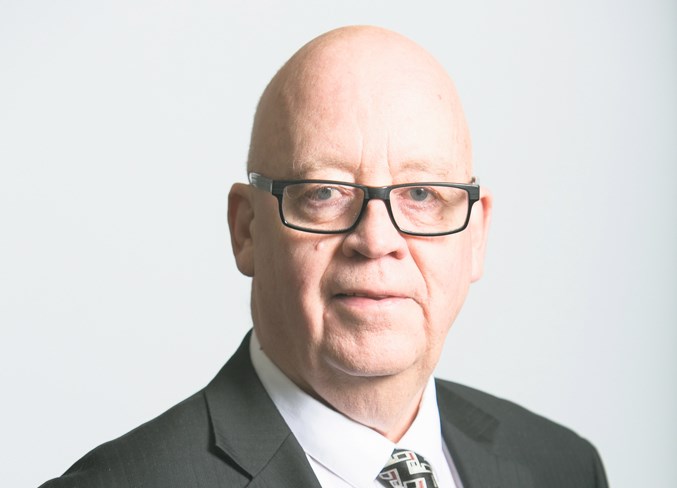Canadians leave the practice of politics to politicians and politicians leave voting to the voters.
Politicians do their best to influence the choice of politicians but voters make it.
That’s what the textbooks teach us, and although the internet threatens the ideal process, it is still pretty much sacrosanct.
On the third Monday in October, from St. John’s, N.L. to Tofino, B.C. to Iqaluit, Nunavut, Canadian voters will go to polling stations to elect the next federal government.
Voting is a time-honoured ritual. This is the 43rd general election in Canadian history.
At schools, community halls, fire stations, pubs and other such public places, returning officers, scrutineers will inspect voter IDs, distribute and count ballots for 12 hours.
There was a time in Canada when voting could cost you your life. Twenty voters were killed in drunken polling station brawls before 1867.
After Confederation, there were no recorded fatalities but plenty of bloody and broken heads and bandaged appendages.
Laws were made to ban campaigning outside polling stations. That pretty much ended the distribution of cheap bottles of whisky to bribe the voters.
There was a period in our history when bars, lounges and liquor stores were also closed. In Prince Edward Island, Saskatchewan and all three territories they still are.
The history of attempts to corrupt the election processes and the remedies to protect it underscore the importance of free and fair elections to a functioning democracy.
Canada’s federal government is parliamentary. The prime minister and cabinet obtain the right to operate the government and make new laws when they win a majority in the House of Commons in an election.
Politicians are often and sometimes accurately castigated as autocratic or secretive or corrupt or plutocratic.
But as long as there are free and fair elections – and free and fair expression in the newspapers, on the airwaves and the internet, at the kitchen table, the church hall, the classroom, the library, wherever two or three are gathered together in the name of free opinion, we’ll be a free people.
Even those of us who don’t turn up to vote in October.
Elections are decided by the voters who turn out. In elections when the leading parties are very close, the campaign is getting voters to vote, not stay at home.
Majority government or minority government, Conservative, Liberal or other, it will be the one chosen by the voters.
Frank Dabbs is a veteran political and business journalist and author.

